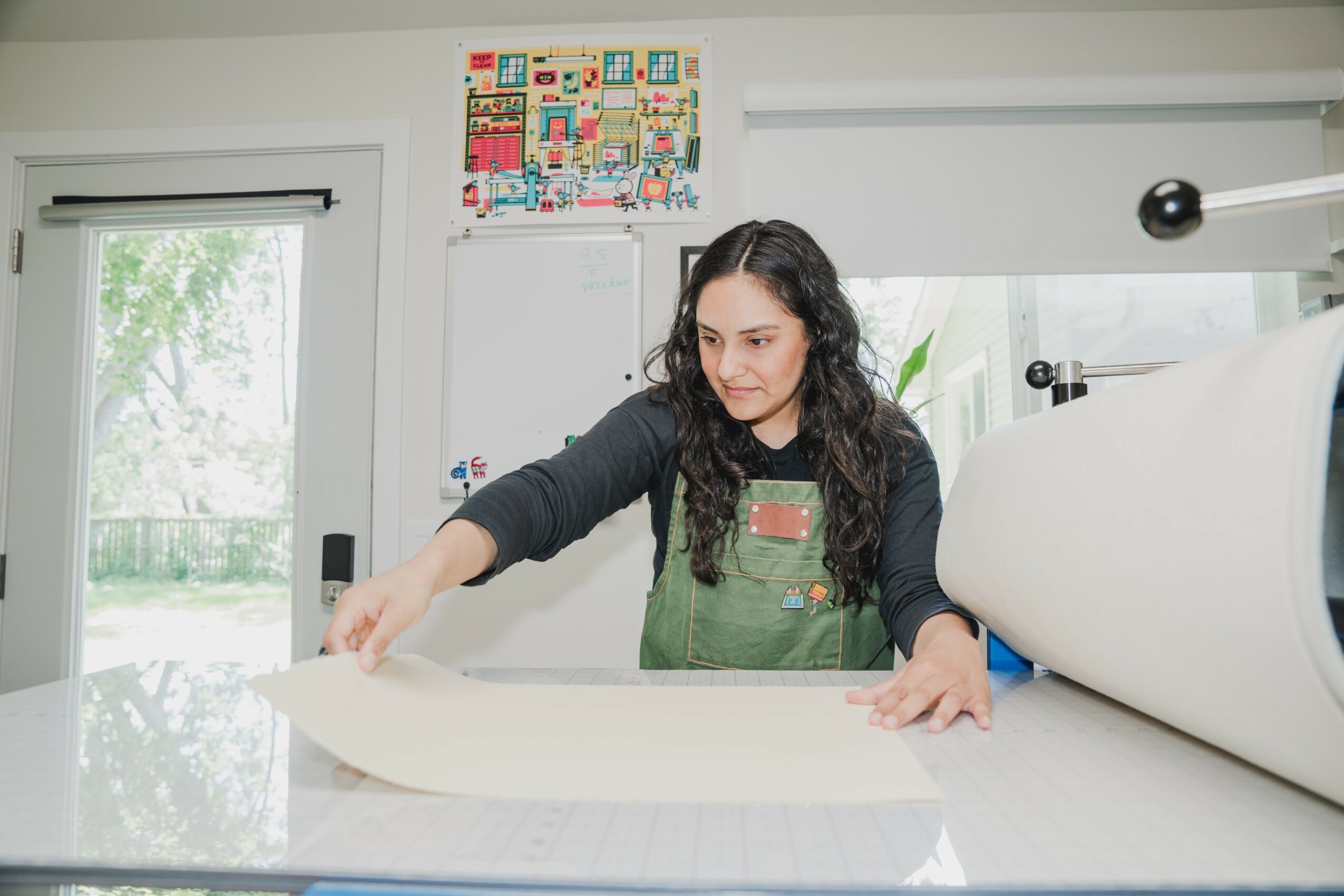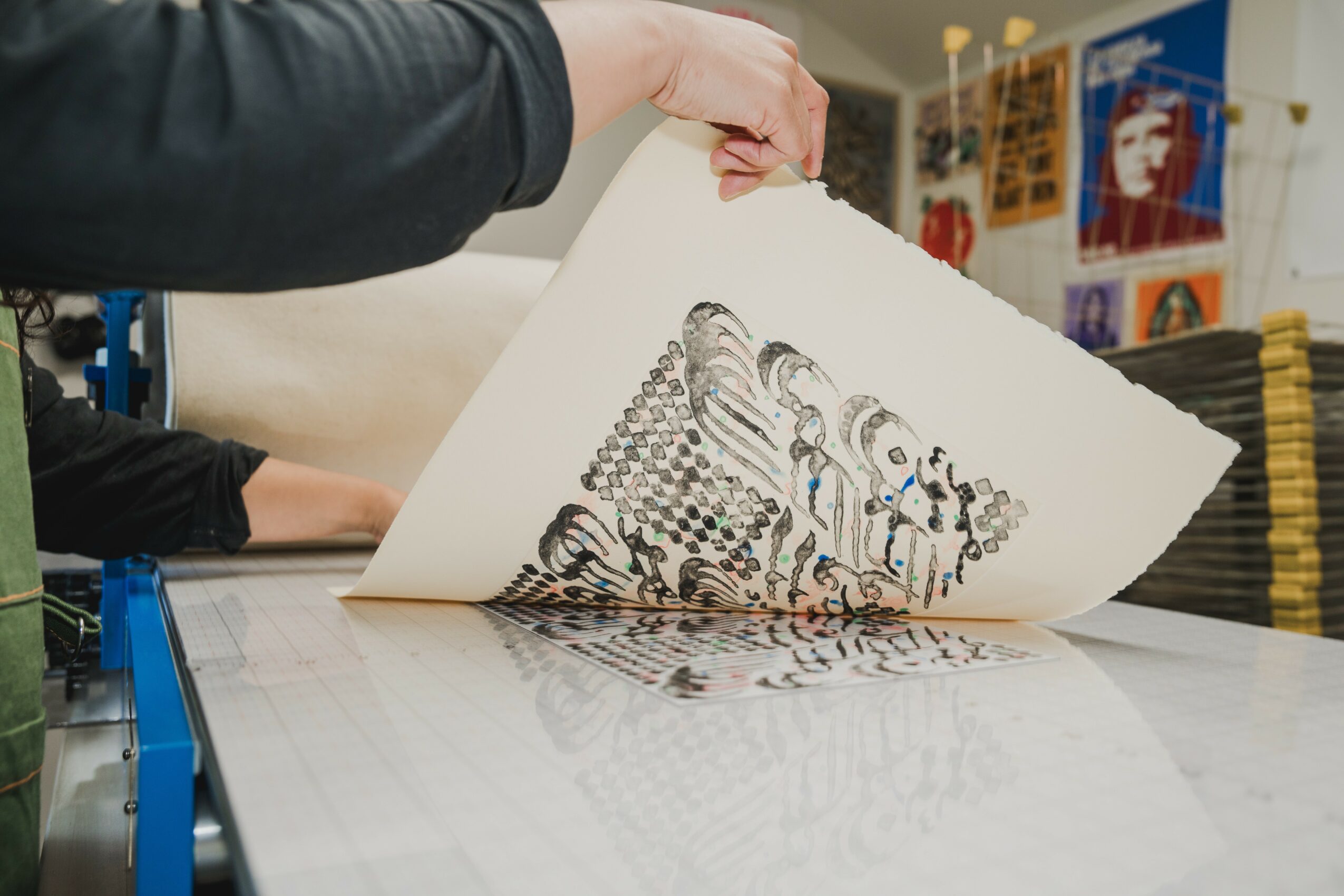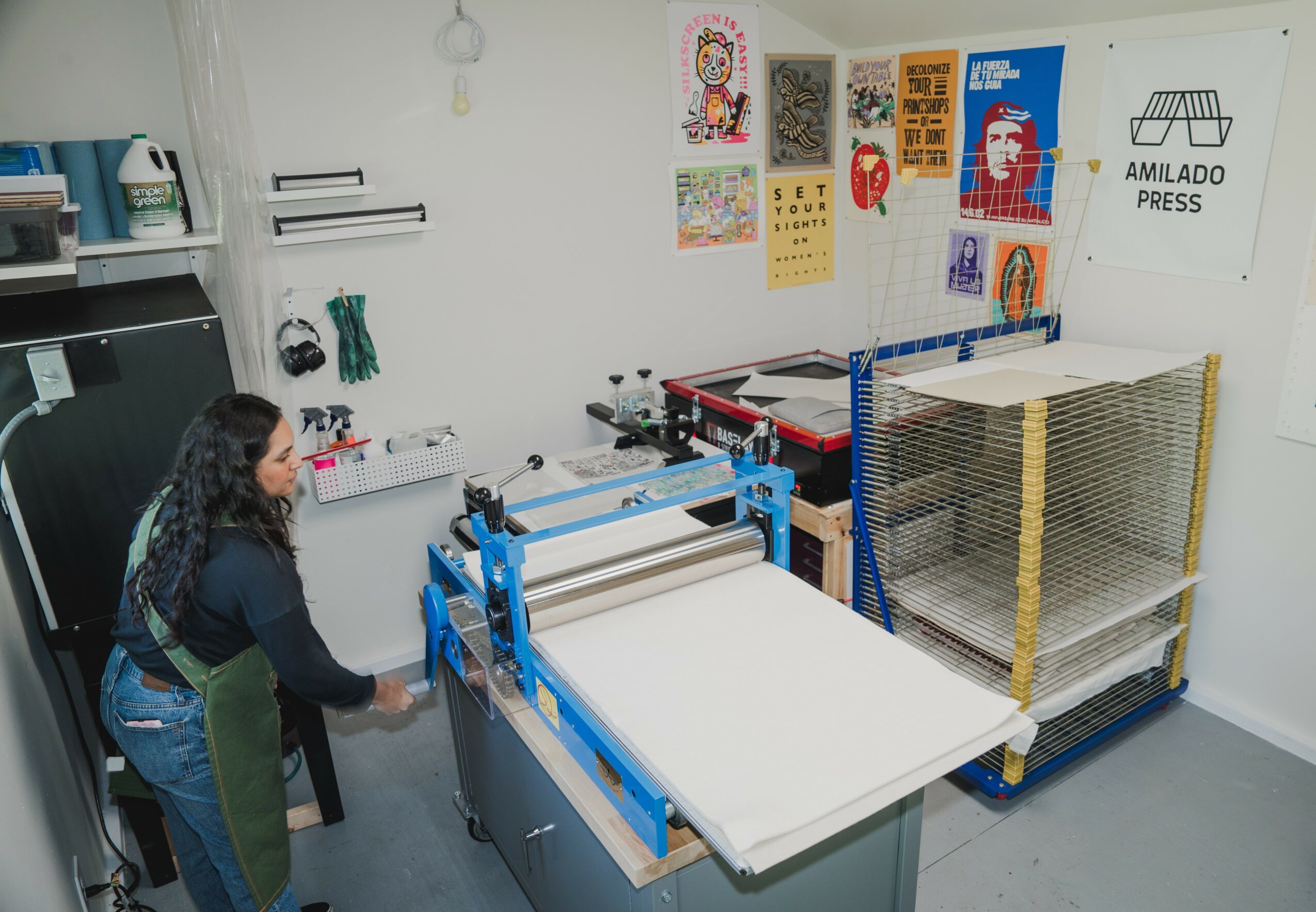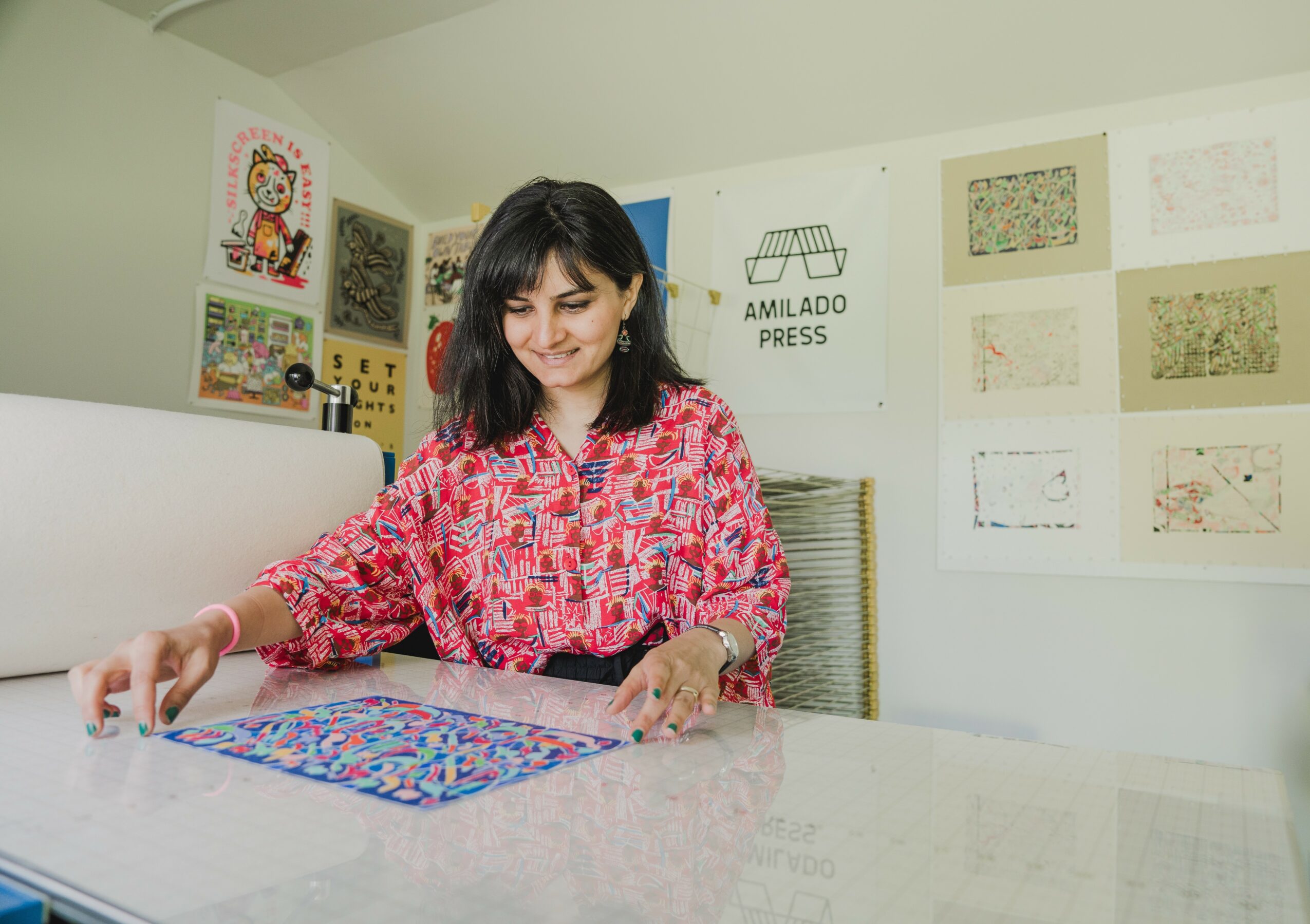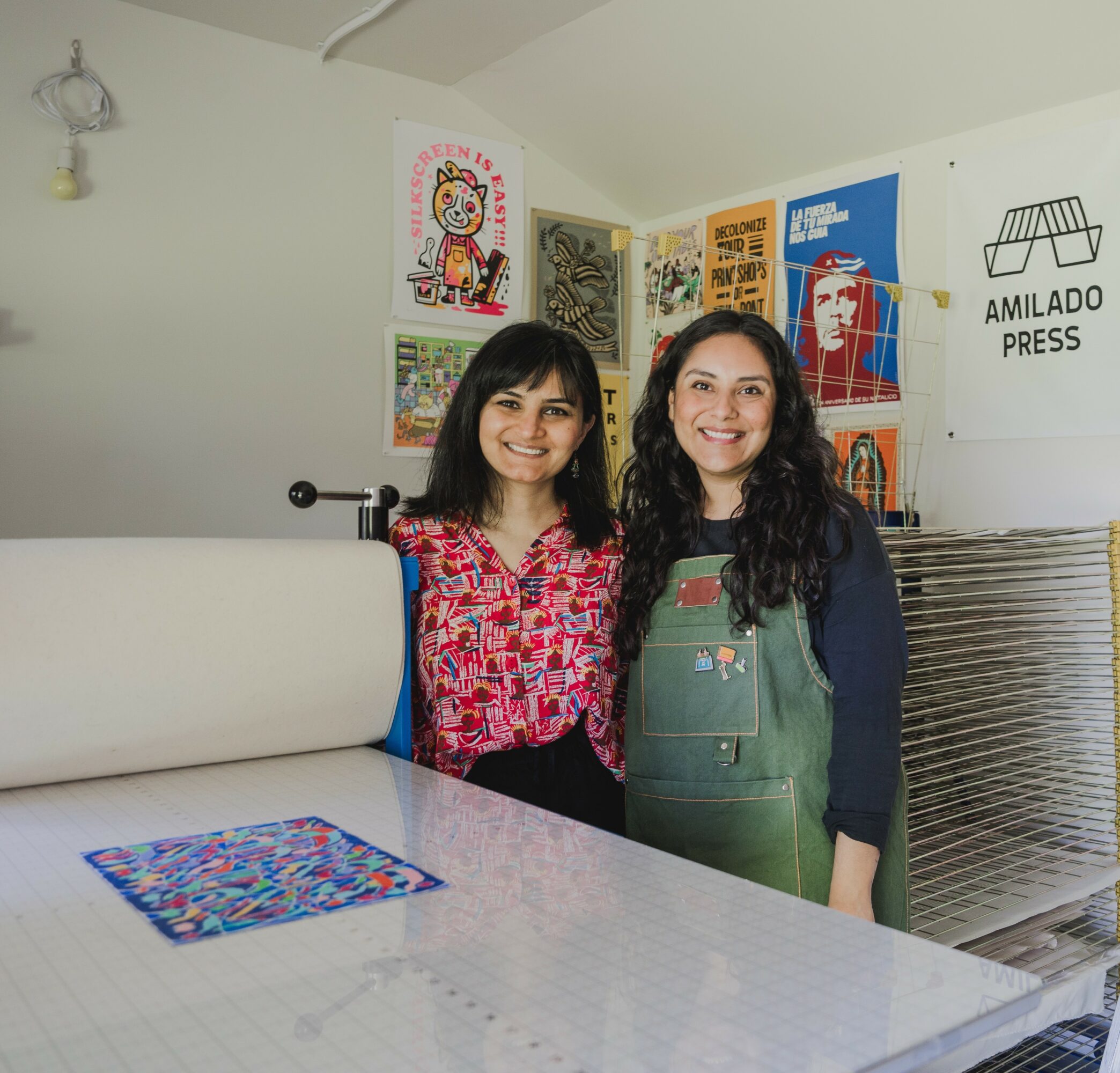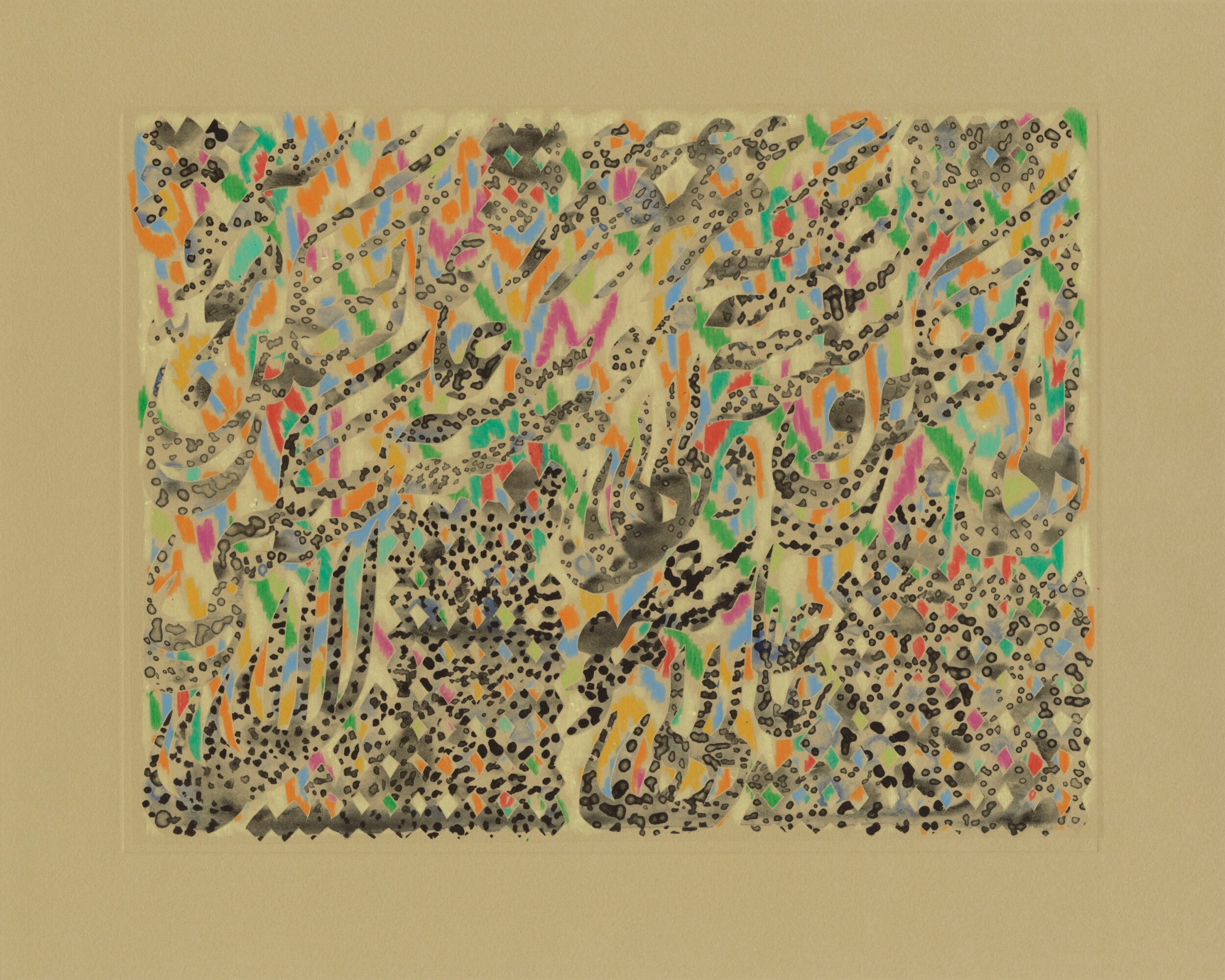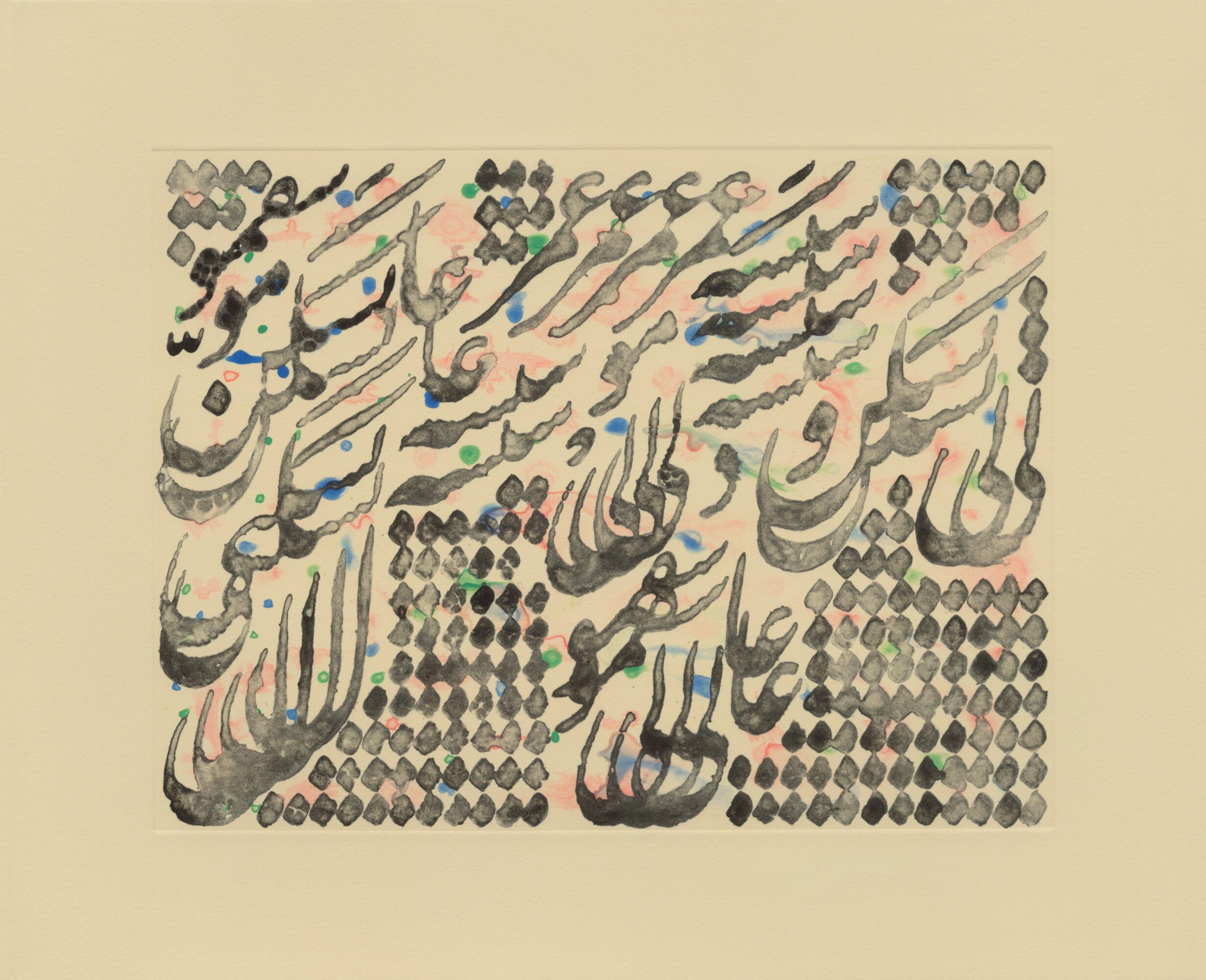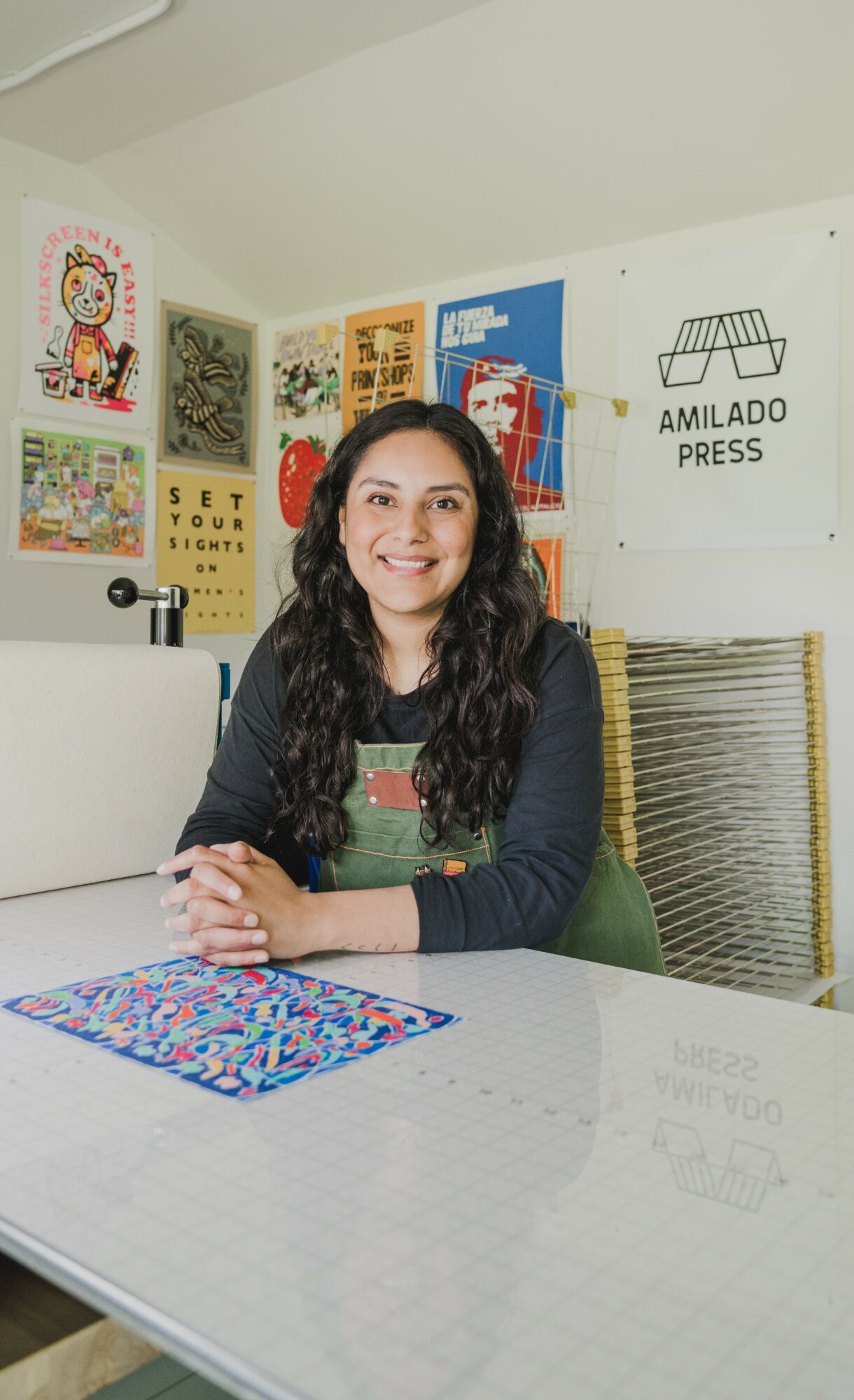

Today we’d like to introduce you to Nancy Ariza.
Hi Nancy, thanks for joining us today. We’d love for you to start by introducing yourself.
I’m a Mexican American visual artist, educator, and arts administrator. I specialize in printmaking and first got into it as an undergraduate student at Minnesota State University, Mankato. Originally an art history major, I had continued to take studio classes, which naturally led to double majoring. At that time, drawing was my strongest and preferred medium. Then, the fall semester of what was supposed to be my final year at MSU, I took a printmaking class and I was hooked. The process-based nature of printmaking and the ways drawing can serve as a foundation for print allowed me to connect with a medium in a much deeper way than ever before. I then decided to stay an extra year to expand my studies in printmaking.
After graduating, I relocated to the Twin Cities Metro and got involved with various museums and arts organizations, including Minnesota Center for Book Arts and Highpoint Center for Printmaking to expand my printmaking, teaching, and arts administration skill set. This resulted in a over 10-year career developing and leading arts education programs across the state of Minnesota.
From 2022-2023, I was fortunate enough to participate in a professional development program called School for Art Leaders through the National Art Education Association. Through various exercises, this program allowed me to make moves towards a big dream of mine—starting my own printshop. Combining my skills and knowledge in program and project management, arts education, and printmaking while centering a relational approach to the work, I developed a plan to create my own printshop that was responsive to my current circumstances and possibilities. One year later, I launched Amilado Press, an artist-centered collaborative print studio. I am the director, printer, and educator behind it all.
Would you say it’s been a smooth road, and if not what are some of the biggest challenges you’ve faced along the way?
The biggest challenges I faced were based on preconceived ideas of what a printshop should be and look like. Because of this, my dream of starting a printshop felt out of reach for many years. It was too big and too impossible at the time.
Through conversations with colleagues, business owners, and community members, I realized that a printshop can look and operate many different ways. The reality is that the models I had seen or had in mind often reflected decades of growth, and what I didn’t initially see were humble beginnings in basements, garages, and apartments. This research led me to create my own model that was scaled to my unique set of possibilities and opportunities.
Amilado Press operates out of a 168 square foot converted shed in my backyard, fully equipped with an etching press and screenprinting setup. This is one of a handful of alternative arts spaces based in artists’ homes in the Twin Cities.
As you know, we’re big fans of you and your work. For our readers who might not be as familiar what can you tell them about what you do?
Amilado Press is a print studio dedicated to collaborative printing, artist residencies, and community programming. The name, originating from “a mi lado” meaning “by my side” in Spanish, signifies the studio’s commitment to collaboration, solidarity, and community.
The collaborative printing process includes working with an artist to translate their work, often drawing, painting, collage, etc. into prints. As the studio’s printer and educator, I am able to pull from my vast printmaking toolkit to identify a strong starting point for the translation process. In Amilado’s inaugural collaboration with Tehran-born, Minneapolis-based visual artist Ziba Rajabi, her distinct style translated well to watercolor monotypes and stencil monoprints. Rajabi, who works primarily in colored-pencil drawing and fiber-based painting and installation, drew inspiration from verses from Pop songs by Iranian female singers who lived and worked in exile after the 1979 revolution for this body of work. Over the span of three months, we worked together to create 22 unique prints beginning with Rajabi learning the monotype and stencil processes, which inspired new possibilities in her work, and experimenting over the next several weeks.
Upcoming collaborations include multimedia artist Roshan Ganu, tattoo artist Shawn Hebrank, writer Courtney Gerber, and a second series with Rajabi. Amilado is uniquely positioned to collaborate with and support early and mid-career artists. This creates opportunities for artists to reach new audiences, collectors, and institutions through prints, while also gaining technical skills in printmaking.
In 2025, Amilado launched an artist residency program. The residency invites artists working in printmaking and book arts to receive 24-hour studio access to fully immerse themselves in new ideas and techniques or refine their existing studio practice. Inaugural artist-in-residence, Ellen Mueller, first enraged Amilado for private instruction in watercolor monotype and stencil monoprint. The residency allowed her to expand on new subject matter and color palettes, building off the work previously completed in the studio.
When it comes to community programming, Amilado recently had the privilege of working with art teachers from Duluth Public Schools. Through funding from Minnesota Department of Education’s Culturally Responsive Arts Education Initiative, teachers participated in a professional development workshop covering accessible screenprinting processes for K-5 learners. The processes can easily be incorporated into their culturally responsive and social justice curricula, as well as their classroom setup. My formal background as an educator is based in culturally responsive teaching, and I deeply enjoy anytime I get to combine it with printmaking.
Are there any important lessons you’ve learned that you can share with us?
My approach to Amilado has been to stay flexible and responsive to the needs of artists, communities, and the space itself. I’m learning to let things evolve in their own time and to value both process and progress—even when neither is immediately visible to the public, only to a few who are directly involved.
Contact Info:
- Website: https://www.amiladopress.com
- Instagram: @amilado.press
- Other: @Nancy__Ariza

